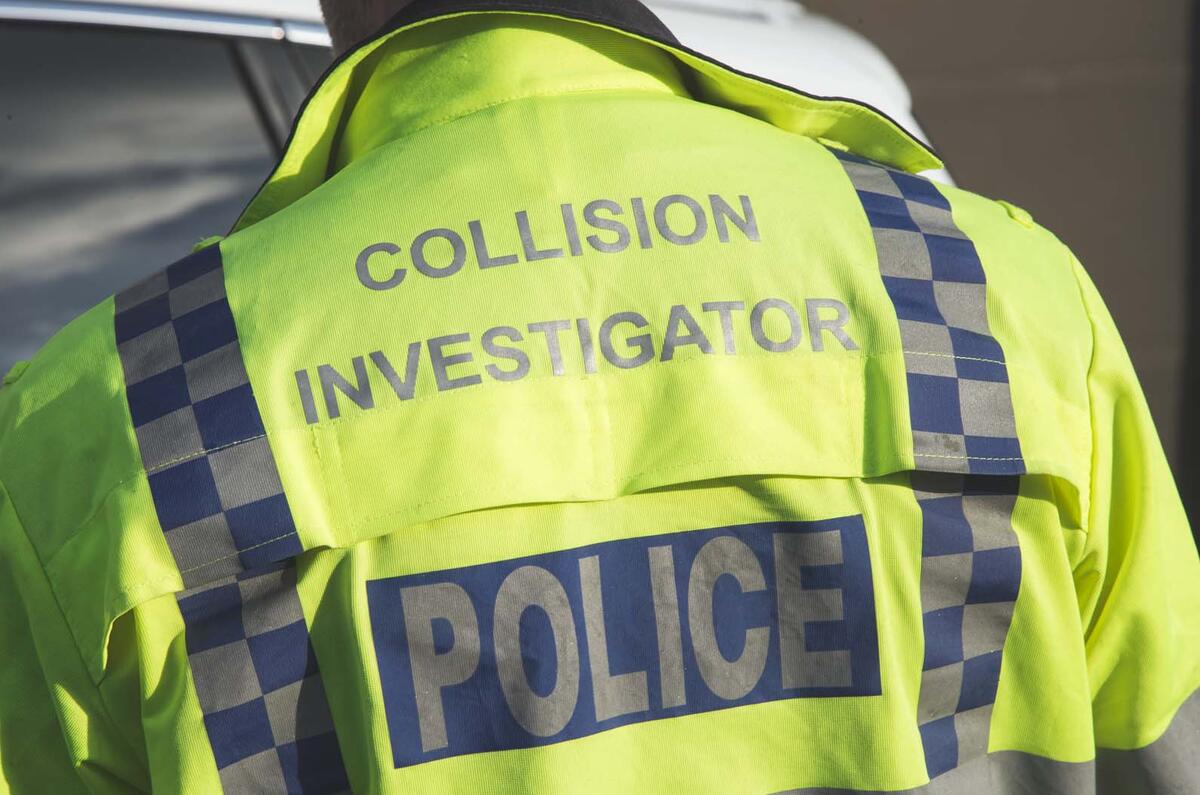New technology being developed by Hyundai will send specific details of injuries sustained by vehicle occupants in a crash to emergency services.
The Korean manufacturer, in partnership with artificial intelligence (AI) specialist MDGo, is working to reduce incident response delays by providing dispatchers with a clearer idea of exactly what assistance is needed.
The system will use in-built sensors to rapidly compile and analyse data following a crash and then send details to the emergency services within seven seconds of the incident.
The technology is based on an AI programme that will learn by comparing the predictions it makes to the diagnoses made by medical professionals, through a process referred to as 'iterative enhancement’.
Before the technology is rolled out on customer vehicles, Hyundai says the results of its research can contribute to safer and more robust crash structures.
Hyundai’s chief innovation officer, Young-Cho Chi, said: “We expect a significant improvement in the emergency medical services of vehicles in the short-term, while our long-term goal is to provide innovations in passenger experience of vehicle safety utilising new technology that enable real-time physical monitoring.”
Vehicle safety and incident response are playing an integral part in Hyundai’s ongoing product development scheme.
The Elevate concept, revealed at this year’s Consumer Electronics Show, envisages a four-legged ambulance-style response vehicle that could allow paramedics to quickly access difficult-to-reach accident scenes.
Read more
Hyundai reveals Elevate walking car concept at CES
Speed limiters, driver monitors to become mandatory in EU
Are semi-autonomous systems making cars safer?








Join the debate
Add your comment
Whatever next?
Soon you’ll be scared to go in your car if AI can do this, imagine it could scan you and recommend you go to the nearest A&E......!